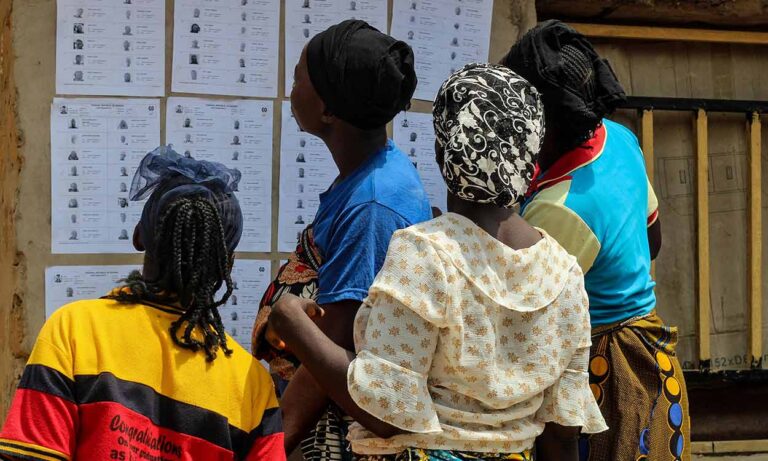Human rights activists petition to stop mass wedding of 100 orphaned girls in Nigeria
On 24 May 2024, approximately 100 orphaned girls and young women in Nigeria are set to be married off in a mass wedding that has sparked international condemnation by human rights activists.
Abdulmalik Sarkindaji, speaker of the national assembly in North-West Nigeria, is executing the controversial plan. According to the speaker, the girls are orphans whose parents were killed in attacks by kidnapping gangs that roam northern Nigeria, as reported by the BBC.
North Nigeria is infamously the base for Boko Haram, an Islamist organisation, which is also active in Chad, Niger, northern Cameroon, and Mali. The group is responsible for many atrocities, including the mass abduction of 276 schoolgirls in Borno State, Nigeria in April 2014, which subsequently inspired the global ‘Bring Back Our Girls’ campaign.
Some hostages escaped almost immediately, around 103 were released a few years later after negotiations, and as many as 82 of these girls are still missing, perhaps killed or still held hostage, according to the New York Times.
In 2015 Amnesty International estimated that at least 2,000 women and girls had been abducted by Boko Haram since 2014, many of whom had been forced into sexual slavery or were coerced to carry out suicide bombings; many are teenagers, with the youngest reported being only seven. Boko Haram also carried out multiple slaughters that killed at least 5,500 civilians across north-east Nigeria during 2014 and early 2015.
Sarkindaji also stated that he would be paying doweries to all of the grooms. The Imams Forum of Niger has said that the marriage ceremony should go ahead, arguing that the girls are all 18, which is the legal age in Nigeria.
However, critics have expressed concern that some girls may be younger than 18, or are being forced to comply with the proposed marriages for social security and financial gain.
For this reason, the women’s affairs minister, Uju Kennedy Ohanenye, has stated that she plans to seek a court injunction to halt these ceremonies.
Umar-Faruk Abdullahi, secretary of the Imams Forum, responded with anger to these concerns and allegations: “We have given the minister seven days to withdraw her statement she used against us, against our speaker, against the Muslim community … that we want to force them into marriage and the children are underage,” he said.
In an effort to stop the ceremony from occurring, human rights activists in Nigeria have launched a petition. As of Tuesday 21 May, it has over 12,000 signatures.
According to the international campaign, Girls Not Brides, 30 per cent of girls and 1.6 per cent of boys in Nigeria are married before the age of 18. Around 12 per cent of girls are married before their 15th birthday.
Child marriages are most common in the northern part of the country, particularly among poor and rural households. It is seen as a way to reduce their families’ financial burdens or to improve their political and social standing.






